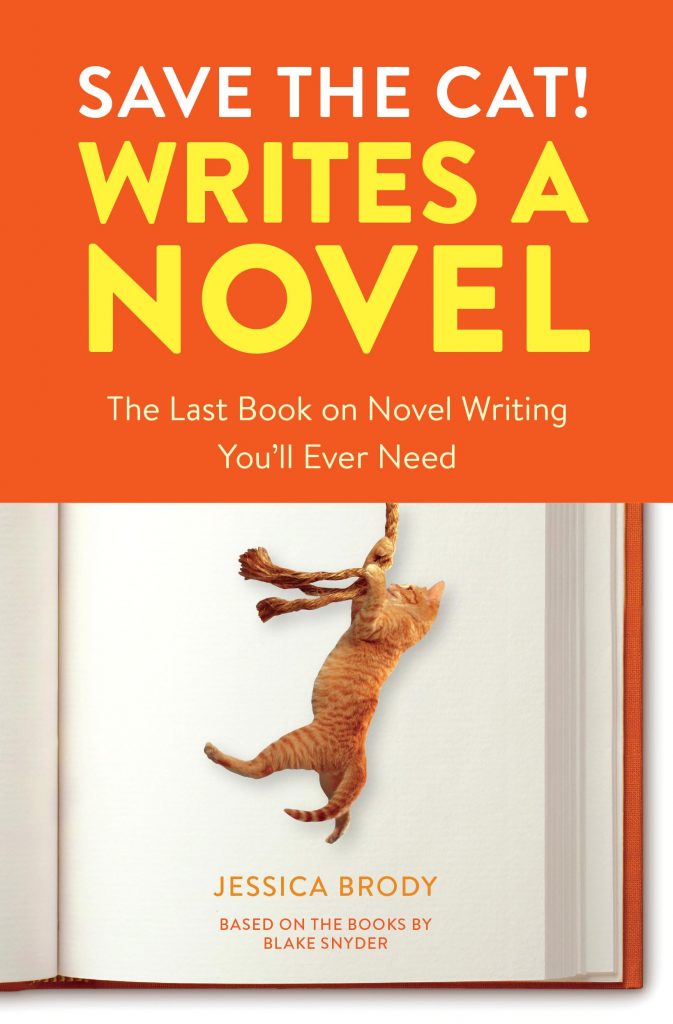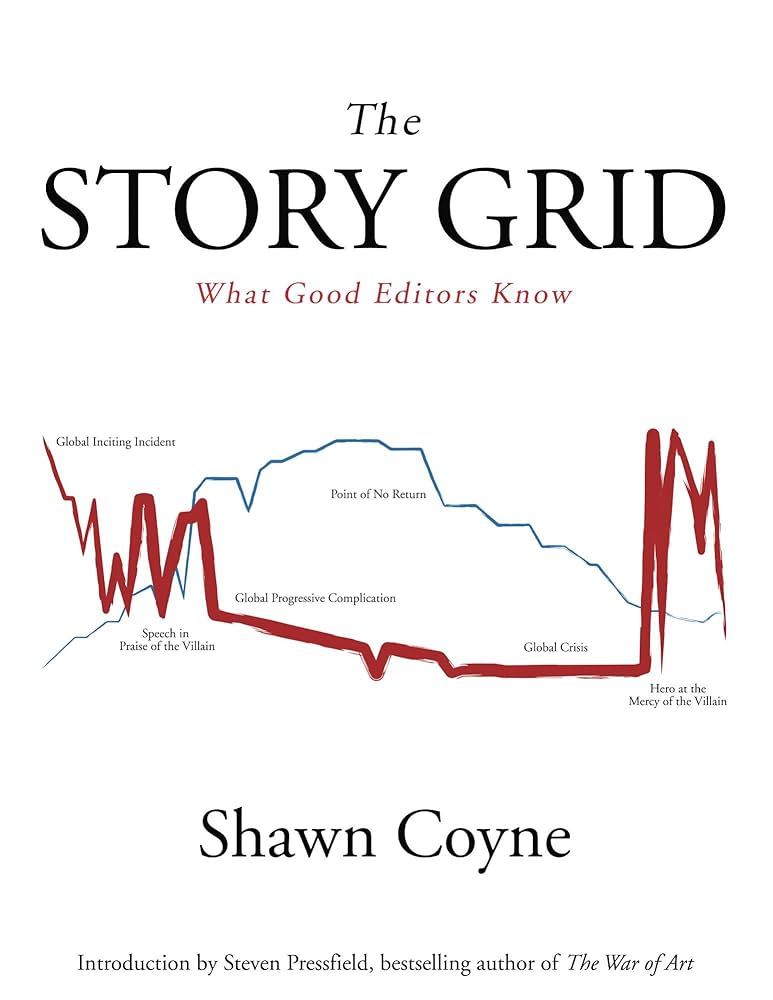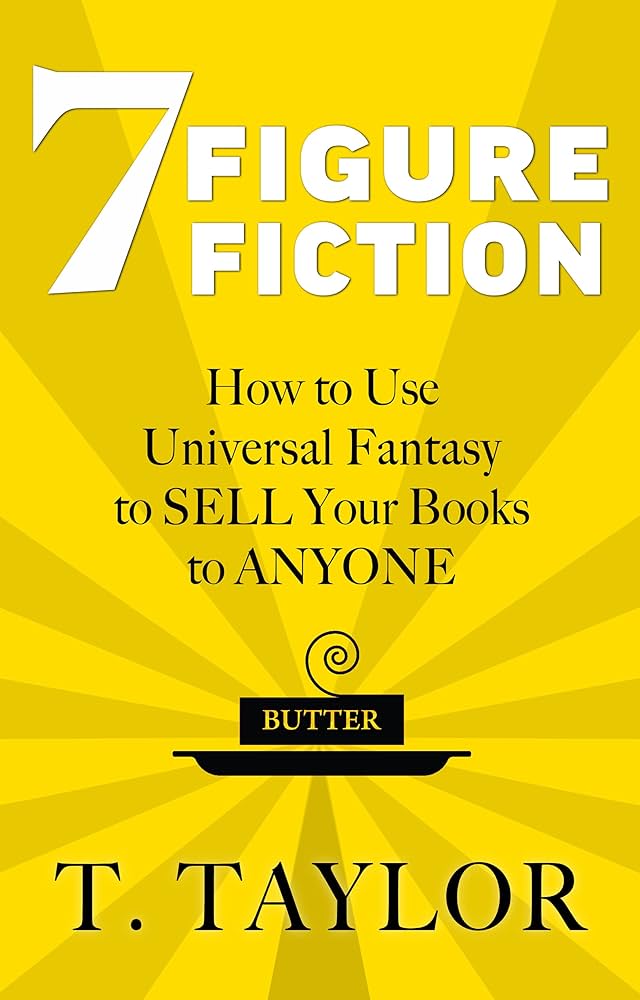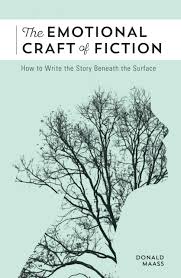Developmental Editing/Book Coaching Services
In addition to writing and producing my own books, I love helping other authors reach their goals. If you have written a manuscript and want to make it better, a developmental editor may be just what you’re looking for.
As a Developmental Editor I take a look at the story as a whole, the structure, pacing, and character building. A developmental edit will help elevate your story to the next level, keep your readers engaged, and strengthen your story’s themes.
If you think you are ready for a developmental edit, you can contact me for a consult to see if we are a good match! The genres I specialize in are fantasy and science fiction for all ages, romantasy, and steampunk.
Please be advised I do not take clients who have used AI to generate passages of their books, and I do not read sexually explicit material.
Pricing
Consultation: Free! That is just to find out if we are a good match before we move forward and money gets involved. We will discuss your book, what stage you are at, what you are hoping to get out of it, and make a decision.
Hourly rate post Consultation (this is the same no matter what kind of help you end up needing, all that will change is how many hours it takes): $30 Per Hour
Please fill out this form and I will reach out to you to schedule the free consultation!
A Personalized Approach
Every book is different, and so is every author, so every approach to editing or book coaching should come with a personal touch. Likewise, everyone who comes to this page looking for help is going to be at a different point in their author journey. Whether you are just starting out and looking for serious structural and plotting help, or if you are on the fast track to publishing and want a few more eyes on your book, I can help you out. Here are some examples of the different ways we can work together!
The Developmental Editor Blitz: This is for the author that is confident in their structure and wants someone to read through their book quickly and give feedback on prose, whether things are confusing, character development being consistent, etc. Basically this is like a beta reader, but with developmental editor level feedback. For this, I will typically read through the book twice; the first time, I leave feedback as I go, writing my comments in the moment. The second time, I review my own feedback and make additional notes about whether I stand by that feedback at the end of the book.
The Mentor: This is for an author that is earlier in the process, maybe you have a great story but the plot structure is a struggle, or you need help establishing your characters and their motivations, or any number of other structural story craft hurdles. To help this author, there will likely be more one on one meetings, either video calls or in person if they’re local, where I will help the author work through what they are stuck on, and some reading by me will be done in between personal sessions in order for me to be prepared.
Authors looking for my help will typically fall somewhere between these two points, which is why the initial consultation is free so that we can figure out what approach will work best for you.
Speaking the same language
One thing I always ask when I start working with an author, no matter what kind of help they are looking for from me, is what other story craft resources they have read or participated in. This way I can give feedback in vocabulary that will make sense to you.
Story Craft Resources I am familiar with include:
Save The Cat Writes A Novel and the Save the Cat Beat Sheet

I recommend Save the Cat as a good starting place, if you are just getting into serious story craft and plotting, the beat sheet is easy to understand and there are a ton of breakdowns you can find of examples in movies and books as examples of this story structure. The genres in the Save The Cat Writes A Novel book are also very insightful and useful. I used to be a pantser, but now when I want to take a project seriously and meet deadlines, Save the Cat is the beat sheet I pull out to start my planning.
The Story Grid

I got this as an audiobook first but it really does need the visuals, so I now also have the physical book in my house. This one is more of an editors resource, so I will go to this reference if I am stuck on a problem in my manuscript but can’t figure out what it is. It has definitely helped me identify what wasn’t working and given me a pathway to fix the problem. I don’t recommend this one to beginners, it’s definitely something to dive into once you have some other story craft knowledge under your belt.
Seven Figure Fiction: Universal Fantasies

This book was a recent read, and I’ll admit it took me a minute to really click with it. I understood the basics of what a Universal Fantasy is, but I had a hard time applying it to my writing until a recent epiphany I had about my own writing. It has some great thoughts about ways to make sure your readers are engaging with your story and how to market it, when you get to the marketing stage.
The Emotional Craft of Fiction (Currently reading!)

I have actually just started reading this one! I’m enjoying it so far and eager to see what wisdom I can pull from it.